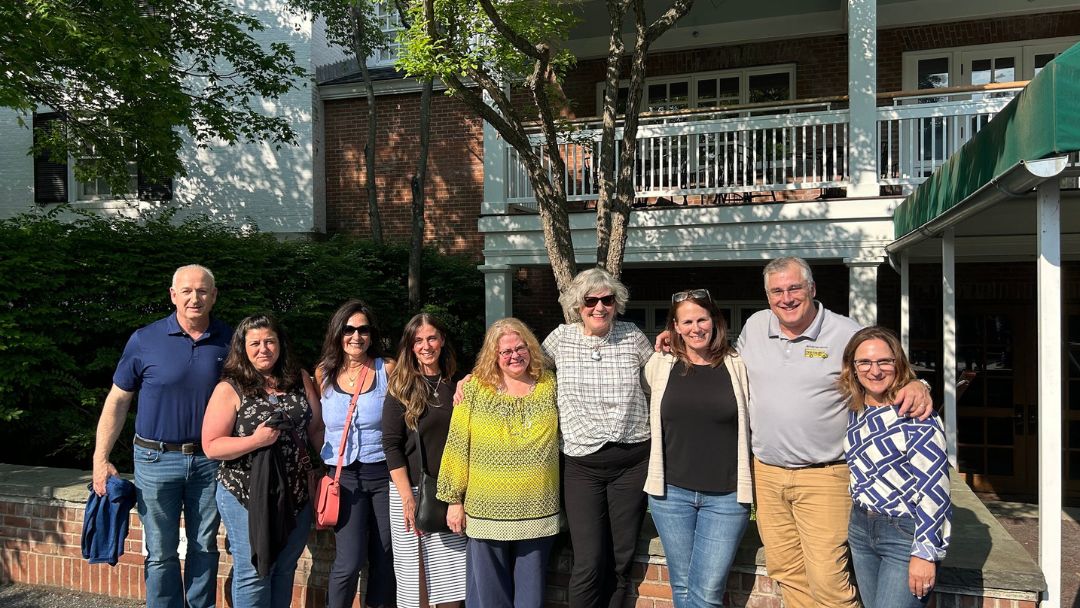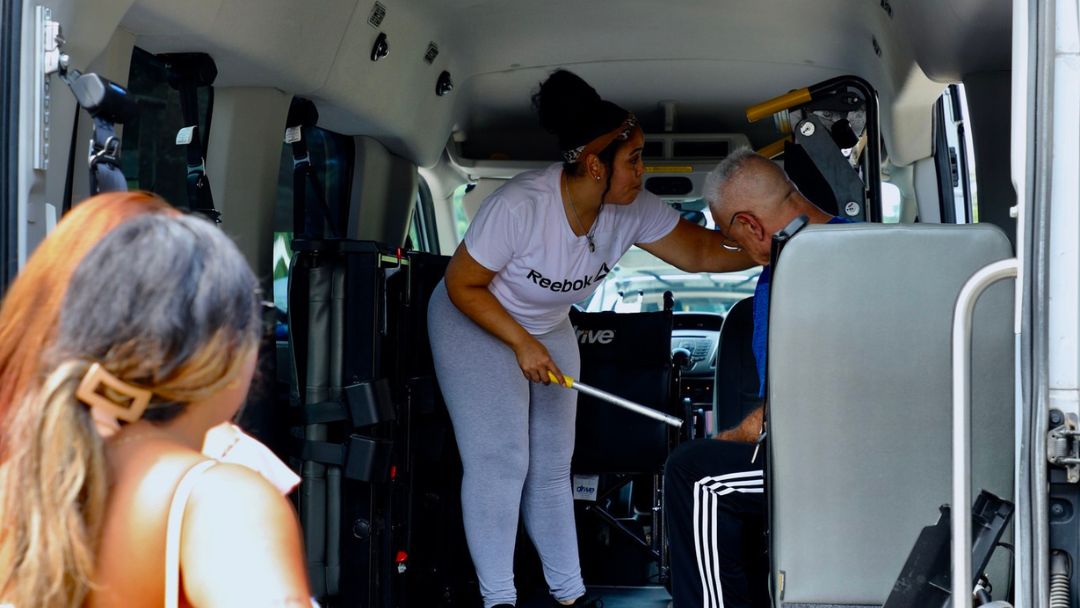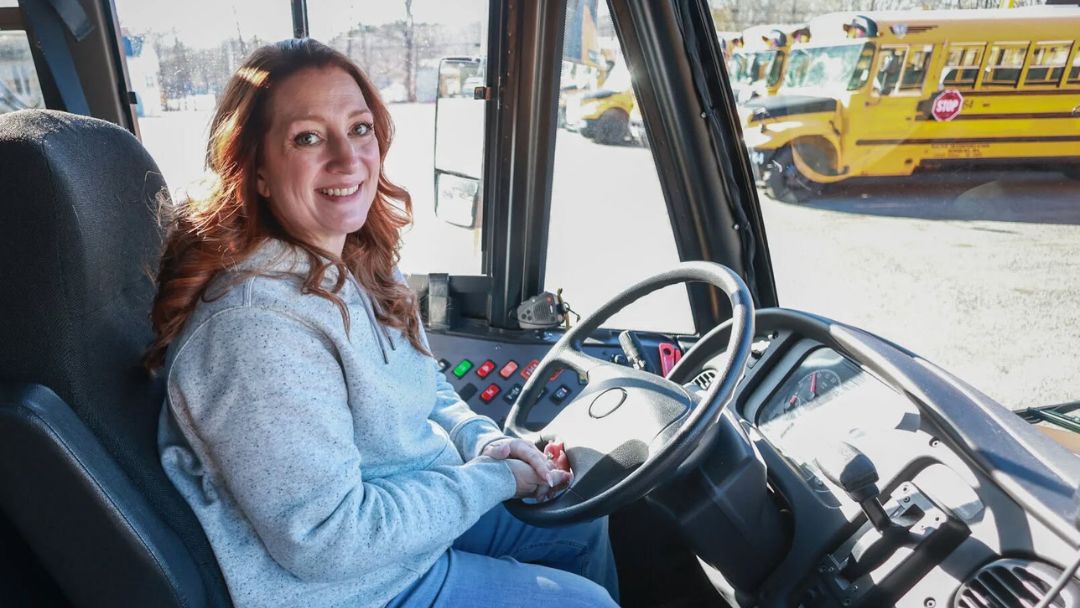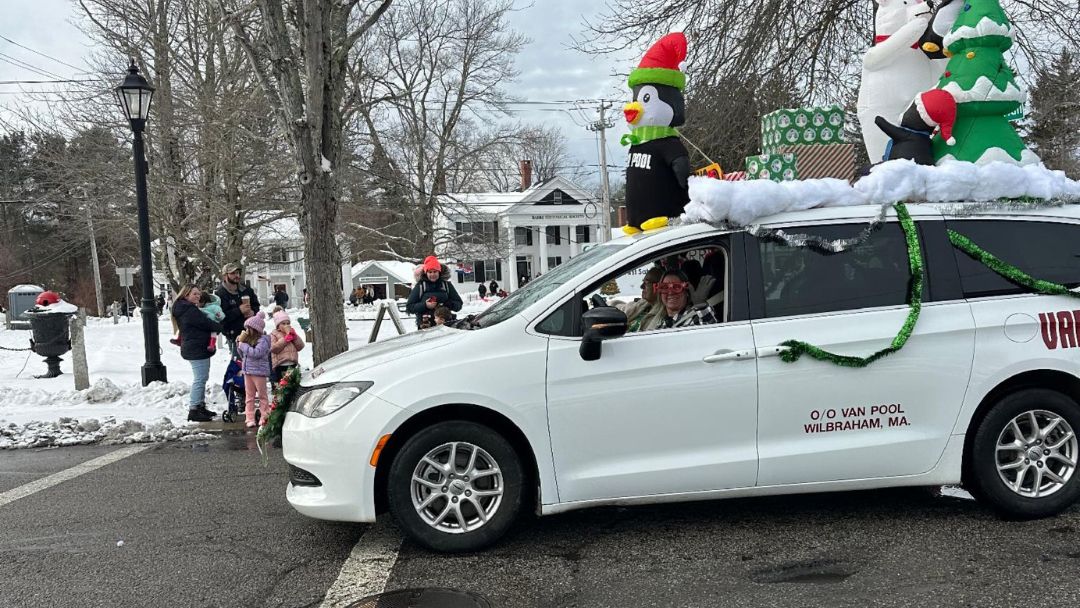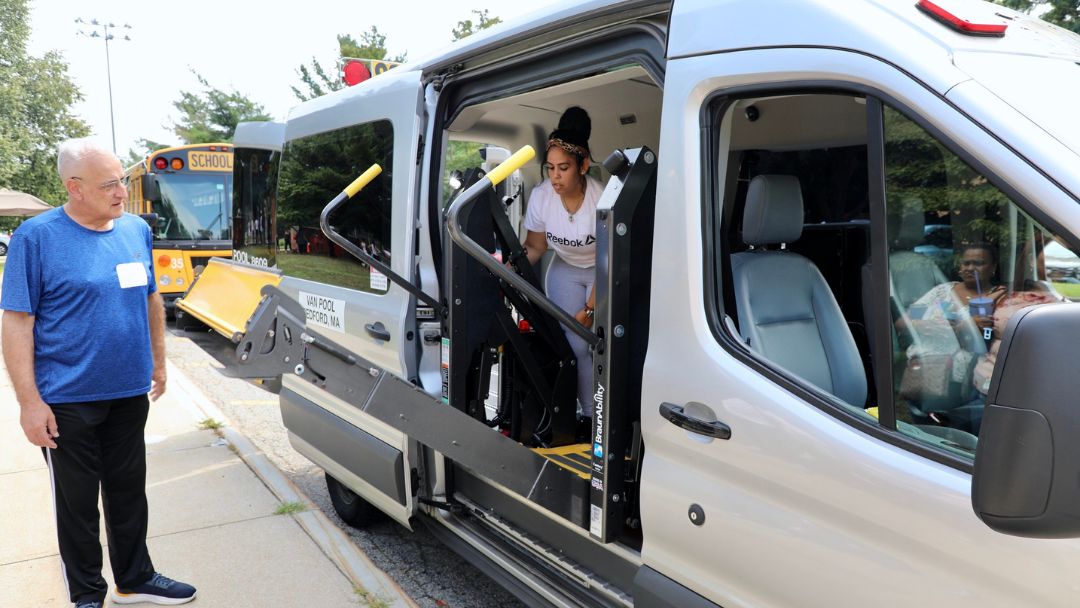For many families, transportation becomes one of the most pressing concerns as a loved one ages. It’s not just about getting from point A to point B — it’s about access to healthcare, groceries, social connection, and independence. When mobility becomes a challenge, finding safe, reliable, and compassionate transportation is essential.
In 2025, there are more options than ever for senior transportation. But not all services are equal. Some offer basic curbside pickups, while others provide personalized assistance that supports seniors physically and emotionally throughout the ride. Understanding what’s available — and what to look for — can make the difference between a service that works and one that truly helps.
This guide outlines key considerations and questions to ask when evaluating senior transportation services. It’s designed for adult children, caregivers, and advocates who want to ensure their loved ones stay mobile, safe, and engaged.
What Types of Transportation Are Available?
The right transportation depends on where your loved one lives, their mobility needs, and how much support they require. Here’s a breakdown of the most common options:
- Public Transit: In many urban areas, seniors can access discounted or free bus and subway rides. These systems may be ADA-compliant but can be difficult to navigate for older adults with vision, hearing, or mobility impairments. Stops may be far from home or destinations, and timing can be inflexible.
- Paratransit Services: These are federally mandated alternatives to public transit for people with disabilities who can’t use regular bus or train lines. Paratransit typically offers curb-to-curb service with flexible scheduling. Availability and service quality vary by region.
- Volunteer Driver Programs: Many community nonprofits and faith-based organizations offer volunteer rides for essential appointments. These services are often free or donation-based but may have limited scheduling or destination scope.
- Community Shuttles: Some senior centers or residential communities run group transportation on set days for errands like grocery shopping or community events.
- Private Senior Transportation Services: Some providers — such as Vanpool in Massachusetts — offer transportation specifically for older adults. These services often feature accessible vehicles, trained staff, and greater flexibility than public options. Be sure to verify what’s available in your local area.
What Questions Should You Ask a Provider?
Not all services are built the same. Asking the right questions upfront can help you find a provider that meets your loved one’s unique needs:
- Is the service ADA-compliant? Are vehicles equipped with ramps, lifts, or securements for wheelchairs and other mobility devices?
- Do drivers offer assistance beyond curbside pickup? This might include help from the doorway to the car or even into the destination, known as door-to-door or door-through-door service.
- Are staff trained to work with older adults? Look for providers whose drivers are trained in elder sensitivity, basic first aid, and how to assist those with mobility or cognitive challenges.
- What safety protocols are in place? Ask about background checks, vehicle maintenance, emergency procedures, and ride-tracking systems if available.
- How are rides scheduled? Can you book in advance? What’s the notice window? Is recurring scheduling available for weekly appointments?
Being specific helps clarify what level of care and flexibility your family can expect.
What If Your Loved One Has Mobility or Sensory Challenges?
Many seniors have more than one challenge affecting their ability to travel safely. Accessibility includes more than ramps — it also involves attentiveness, communication, and patience.
- Mobility Devices: Make sure vehicles accommodate walkers, scooters, and wheelchairs. Some providers secure devices properly and assist with transfers — but not all do.
- Vision or Hearing Loss: Ask whether drivers are trained to guide riders with low vision or communicate clearly with hearing-impaired passengers. Techniques like written instructions, visual signals, or tactile guidance can make a big difference.
- Cognitive Conditions: For individuals with dementia, consistency is critical. Familiar drivers, simple communication, and predictable routines can reduce anxiety. Not all transportation services are prepared for this, so always ask before booking.
These considerations are vital. A poor transportation experience can quickly become unsafe — or discourage seniors from leaving home entirely.
How to Choose with Confidence
When it comes to transporting older adults, the ride itself is only part of the equation. Families should consider the entire experience: Is your loved one greeted kindly? Is their mobility supported? Is their safety protected? Are they treated with patience and dignity?
Start by identifying your loved one’s unique needs — physical, emotional, and logistical. Then research local options and call providers directly. Ask pointed questions. Take notes. Whenever possible, schedule a test ride or accompany your loved one to evaluate how the service feels in real life.
If you’re exploring a provider like Vanpool, ask them to clarify:
- The exact level of physical assistance their drivers provide
- Whether their fleet includes ADA-compliant vehicles
- How they train drivers for working with older adults
- How far in advance rides can be booked, and whether recurring trips are supported
You don’t have to make a decision alone. Local senior centers, aging service agencies, and social workers can often provide trusted referrals and up-to-date guidance.
Final Word
Reliable transportation is more than a convenience — it’s a lifeline. It connects seniors to health care, community, independence, and joy. And the right service doesn’t just move people — it supports them with care, safety, and respect.
By asking the right questions, prioritizing accessibility, and involving your loved one in the decision-making process, you can find a solution that enhances their daily life and eases your caregiving role.
The journey matters. Let’s make it safe, supportive, and empowering — one ride at a time.
Ready to Schedule a Ride with Vanpool?
At Vanpool, we understand that senior transportation is about more than just getting from place to place — it’s about safety, dignity, and supporting independence.
Our professional team provides non-emergency transportation across Massachusetts with ADA-compliant vehicles and trained drivers who care deeply about our passengers’ well-being.
Have questions or want to schedule a ride?
Contact us or request a ride online — we’re here to help every step of the way.
Because when you ride with Vanpool, you’re never just a passenger. You’re family.


